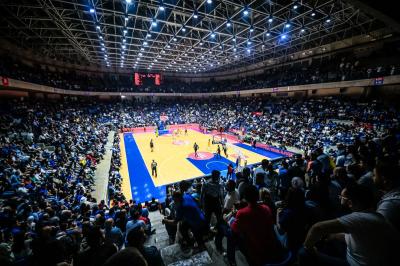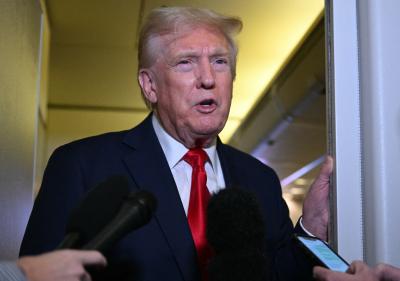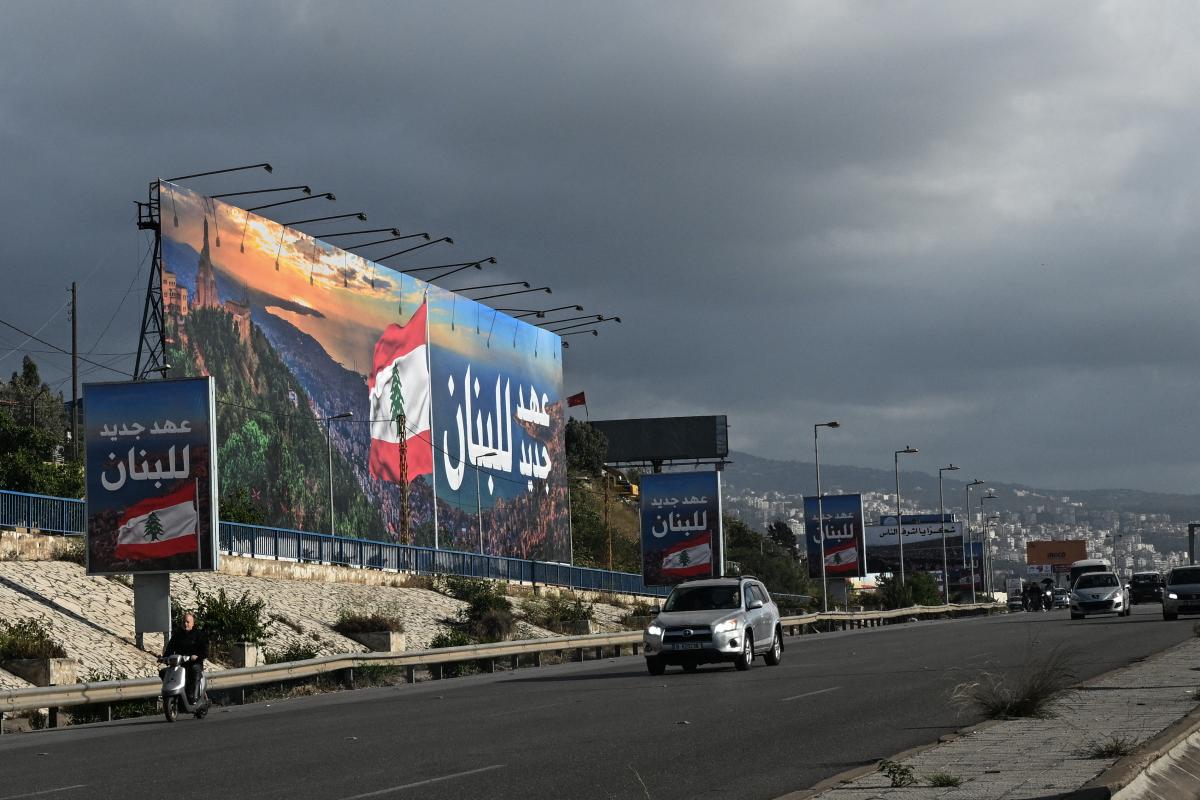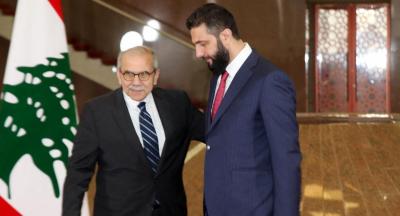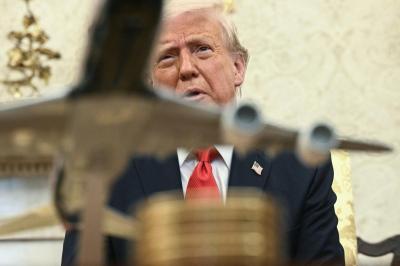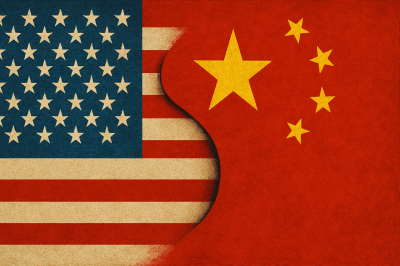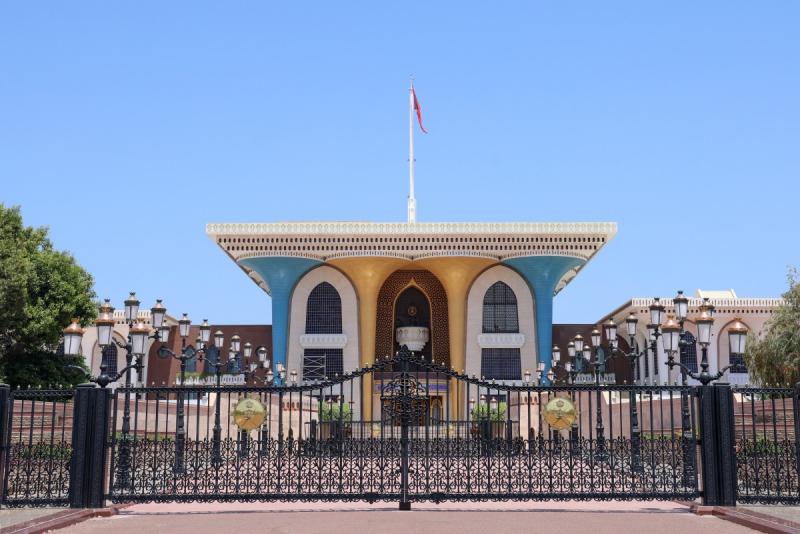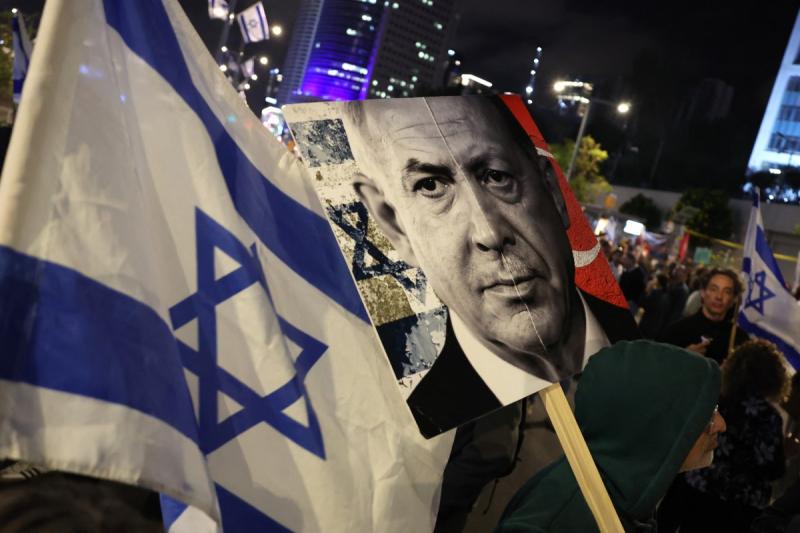Hezbollah has officially denied recent media reports claiming the group is open to discussing the future of its weapons. By refuting the existence of any sources conveying such a stance, the party implicitly rejects growing speculation about a potential willingness to engage in dialogue on this issue. Yet, the conversation surrounding Hezbollah’s arms has clearly gained momentum—underscoring a broader truth: the party can no longer count on regional or local dynamics swinging in its favor unless Iranian-American negotiations succeed—something unlikely to yield immediate results.
The group’s traditional political cover is also eroding. A stark indicator came from Tony Frangieh, MP and son of presidential hopeful Sleiman Frangieh. Once staunchly allied with Hezbollah—which effectively paralyzed Lebanon’s institutions in pursuit of his father’s presidency—Tony Frangieh now states openly that Hezbollah’s weapons are no longer justifiable in the presence of a national army and a president. He lamented that the recent “Support War” brought heavy losses to Lebanon and to the Shiite community, concluding it is time to support the state and shift toward diplomacy.
This shift comes amid increasing U.S. pressure. Lebanese broadcaster Al Jadeed recently aired a documentary on Hezbollah, portraying it as an unlicensed political entity—a move interpreted by some as part of Washington’s broader strategy not only to disarm but ultimately dissolve the organization.
U.S. envoy Morgan Ortagus, while diplomatically cautious during her meetings with Lebanon’s top three leaders, left little room for misinterpretation in her latest interview: Hezbollah, she said, is a “cancer” that must be eradicated. Her visit to Lebanese Army Commander General Rodolph Haykal was reportedly marked by pointed questions about the army’s role in seizing and destroying Hezbollah’s weapons—reinforcing the U.S. position that only the army should manage this disarmament. This approach, however, directly conflicts with France’s stance, which warns of the risk of internal conflict should Hezbollah be targeted in this way.
Meanwhile, President Joseph Aoun and Parliament Speaker Nabih Berri have been quietly discussing the potential for a broader national defense dialogue. Sources suggest Berri is preparing to relaunch talks on Hezbollah’s arsenal and that initial steps have already been taken north of the Litani River—a key area in international reconstruction plans, often linked to potential Israeli withdrawal.
Hezbollah finds itself increasingly constrained. Its arms depots have been decimated, its leadership ranks hit by Israeli strikes, and its political influence squeezed. The ongoing war has depleted both its resources and its strategic advantages. Meanwhile, longtime allies such as Syria no longer offer reliable support, leaving the party encircled: Israel to the south, Syria to the north and east, and mounting U.S. hostility from abroad.
Nonetheless, Hezbollah is betting on a regional reset. The group is watching closely as Iran edges toward renewed negotiations with the U.S.—a development it hopes might buy some breathing space. But in the meantime, it is bracing for escalation. Israeli Prime Minister Benjamin Netanyahu’s aggressive posture has left open the possibility of multiple preemptive strikes in the south, the Bekaa Valley, and perhaps even the southern suburbs of Beirut.
Faced with this pressure, Hezbollah appears willing—at least outwardly—to let the state lead. It is aligning more closely with President Aoun, who it sees as a more pragmatic and effective partner than Prime Minister Nawaf Salam. This alignment raises a critical question: is Hezbollah ready to let Aoun initiate a serious dialogue on the future of its weapons?
For now, the party’s position is nuanced. While Hezbollah may consider discussing the role of its arms as a “negotiating card” for Lebanon in a regional chessboard, the idea of full disarmament remains off the table. Its officials continue to invoke the fate of those who previously surrendered their weapons—most notably the Alawites in Syria—as cautionary tales. As senior Hezbollah figure Ghaleb Abou Zaynab recently put it: any discussion about disarmament is only acceptable if the weapons are framed as leverage for Lebanon. Otherwise, there’s no conversation to be had.
 French
French



